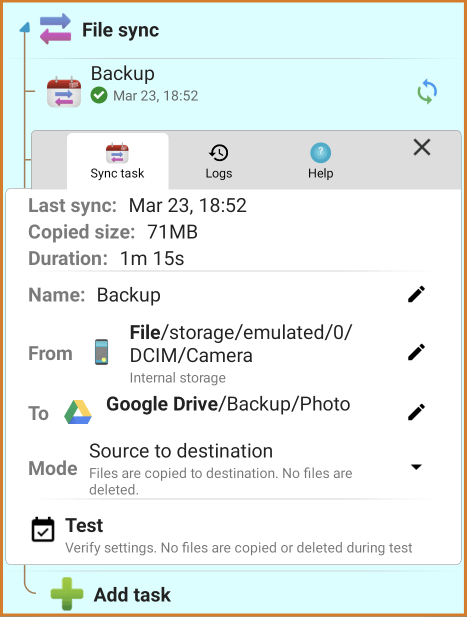I use Google Docs, sheets, and Drive a lot. I was recently using Bard to chat with a collection of my docs. They support the mention of @Drive in a prompt and that allows Bard to sweep up documents relevant to the prompt. It’s quite powerful. It also supports your Gmail history, so I can do stuff like this.
I decided to marry a folder of my Obsidian documents with my Google Drive docs by synching the folder into Drive. This allows me to use Bard (or the Gemini-Pro API) with select content from my Obsidian vault in AI conversations. I can also perform generative AI summations of Obsidian notes + email threads about those topics, plus related spreadsheets or documents.
I think when the LLM model knows all that you know and all that you once knew and may have forgotten, it becomes a superpower. In seconds I can create a briefing for a meeting that is generated based on all data related to that meeting topic.
Being quite new to Obsidian, but rapidly becoming a fan, I wonder – is there a better way to push or sync MD files into Google Drive?
